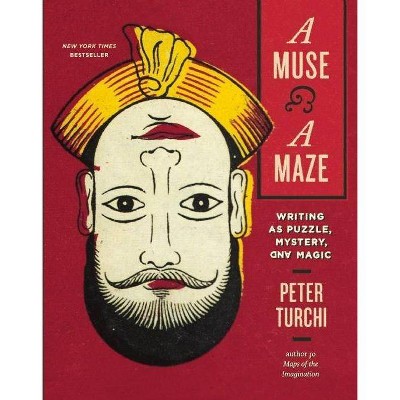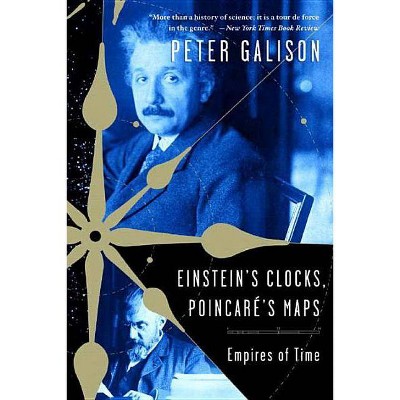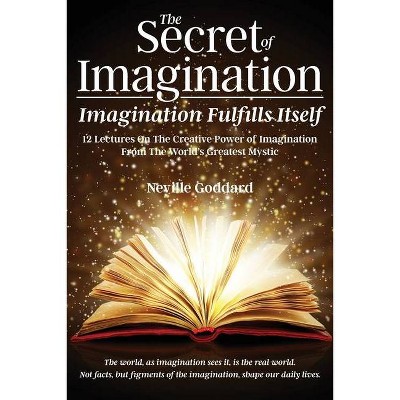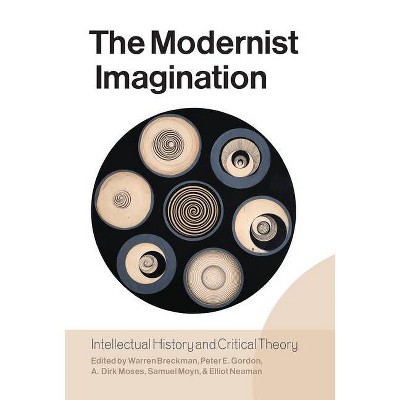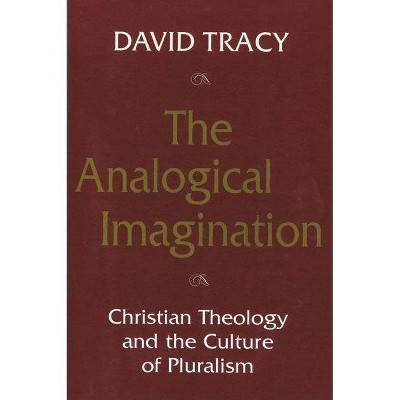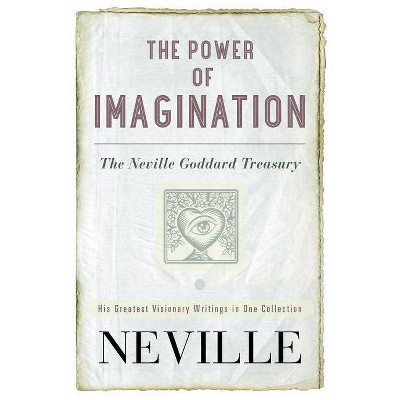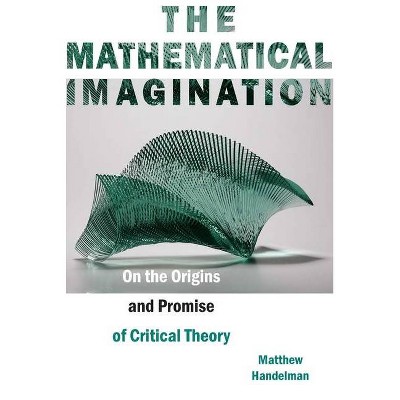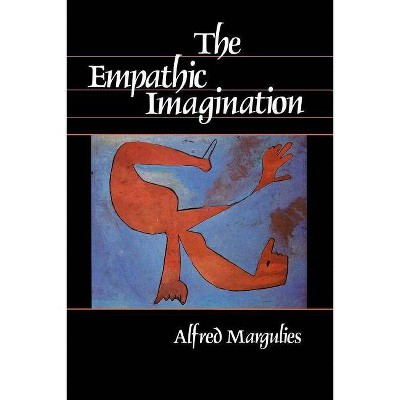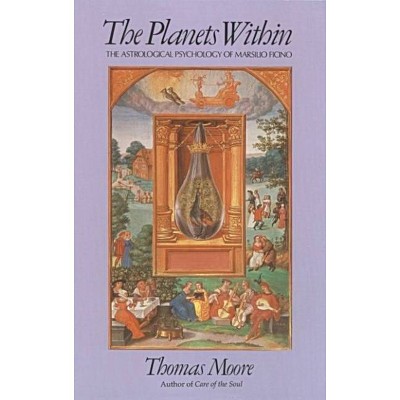Maps of the Imagination - by Peter Turchi (Paperback)
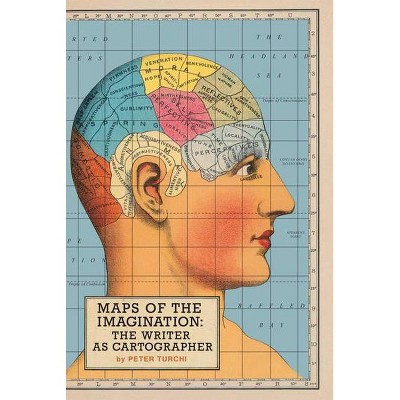
Similar Products
Products of same category from the store
AllProduct info
<p/><br></br><p><b> About the Book </b></p></br></br><b>Turchi posits the idea that maps help people understand where they are in the world in the same way that literature, whether realistic or experimental, attempts to explain human realities</b><p/><br></br><p><b> Book Synopsis </b></p></br></br>In <i><b>Maps of the Imagination</b></i>, Peter Turchi posits the idea that maps help people understand where they are in the world in the same way that literature, whether realistic or experimental, attempts to explain human realities. The author explores how writers and cartographers use many of the same devices for plotting and executing their work, making crucial decisions about what to include and what to leave out, in order to get from here to there, without excess baggage or a confusing surplus of information. Turchi traces the history of maps, from their initial decorative and religious purposes to their later instructional applications. He describes how maps rely on projections in order to portray a three-dimensional world on the two-dimensional flat surface of paper, which he then relates to what writers do in projecting a literary work from the imagination onto the page.<p/><br></br><p><b> Review Quotes </b></p></br></br><br>"Readers, after all, love to get lost in a good book. It is a wise writer who will not only deposit them there but lead them out again, whole and thoroughly satisfied."-- <b><i>ForeWord</i></b> <p/>"It's not uncommon to compare the writing of a story to the mapping of a world, but no one has so fully, or so seductively and rewardingly, performed as extended a meditation on this illuminating metaphor as Turchi. . . . Brilliant and pleasurable, Turchi's musing on our innate need to know where we are, where we might go, and why alters our perceptions of not only maps and fiction but also the nature of the mind's terra incognita."-- <b><i>Booklist</i></b> <p/>"For Turchi, the map is more than metaphor: it is an organizing principle of narrative. Language is like a land, paragraphs are districts, sentences are streets, and words are only lines and curves constructed the way maps are made of lines and shapes. Letters are like wild canyons and chaotic seas that the writer maps into words and then into sentences and then into scenes."-- <b><i>The New Yorker</i></b> <p/>"I wish I had written Maps of the Imagination."-- <b><i> Rebecca Solnit</i></b> <p/>"A gorgeous book in every way... engaging, intelligent, and never jargon laden; this book wears its vast learning lightly."-- <b><i>CHOICE</i></b> <p/>"A book that cries to be read more than once."-- <b><i>Greensboro News & Record</i></b> <p/>"Maps of the Imagination ranges widely across a many disciplines and art forms, from mathematics and formal geometry to Marx Brothers movies and the works of such writers as Borges and Calvino. Sometimes with off-the-cuff analogies, sometimes with pages of analysis, Turchi charts a lively course through a labyrinthine field of varying ways of looking at the world and, most important, the blank page."-- <b><i>Publishers Weekly</i></b> <p/>"[Turchi's] study of maps has inspired writers, artists, and designers for more than a decade, about what maps can teach us when it comes to the creative process."-- <b><i>Fast Company</i></b> <p/>"A treasure map for discovering secrets of the writer's life."-- <b><i>The Charlotte Observer</i></b> <p/>"Maps of the Imagination should inspire both reader and writer as well as those of us who look at a map and immediately begin to dream of journeys not yet taken."-- <b><i>The St. Petersburg Times</i></b> <p/>"A genre-defying gem that straddles art book, writer's manual and cultural critique in an utterly captivating way that makes you look at both old maps and familiar fiction with new eyes."-- <b><i>Brain Pickings</i></b><br><p/><br></br><p><b> About the Author </b></p></br></br>Called one of the country's foremost thinkers on the art of writing by the Houston Chronicle, <b>Peter Turchi</b>'s books include <i>A Muse and a Maze: Writing as Puzzle, Mystery, and Magic</i>, <i>Maps of the Imagination: The Writer as Cartographer</i>; <i>Suburban Journals: The Sketchbooks, Drawings, and Prints of Charles Ritchie</i>, in collaboration with the artist; a novel, <i>The Girls Next Door</i>; and a collection of stories, <i>Magician</i>. Turchi's short story Night, Truck, Two Lights Burning, listed as one of 100 Notable Stories of 2002 by the editors of Best American Short Stories and one of 15 Recommended Stories by the jury for the O. Henry Prize Stories, has been published in Arabic and, in English, combined with images by Charles Ritchie, in a limited edition artist's book. He has also coedited, with Andrea Barrett, <i>A Kite in the Wind: Fiction Writers on Their Craft</i> and <i>The Story Behind the Story: 26 Stories by Contemporary Writers and How They Work</i>; and, with Charles Baxter, <i>Bringing the Devil to His Knees: The Craft of Fiction and the Writing Life</i>. Turchi's stories have appeared in <i>Ploughshares</i>, <i>Story</i>, the <i>Alaska Quarterly Review</i>, <i>Puerto del Sol</i>, and the <i>Colorado Review</i>. He has received Washington College's Sophie Kerr Prize, an Illinois Arts Council Literary Award, North Carolina's Sir Walter Raleigh Award, and fellowships from the National Endowment for the Arts and the John Simon Guggenheim Memorial Foundation. From 1993 to 2008 he directed the MFA Program for Writers at Warren Wilson College in Asheville, North Carolina. Turchi recently taught at Arizona State University, where he was director of the creative writing program, and he's currently a professor of creative writing at the University of Houston.
Price History
Cheapest price in the interval: 14.99 on October 22, 2021
Most expensive price in the interval: 14.99 on November 8, 2021
Price Archive shows prices from various stores, lets you see history and find the cheapest. There is no actual sale on the website. For all support, inquiry and suggestion messages communication@pricearchive.us
